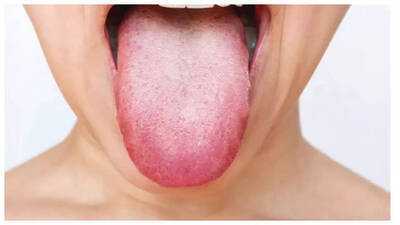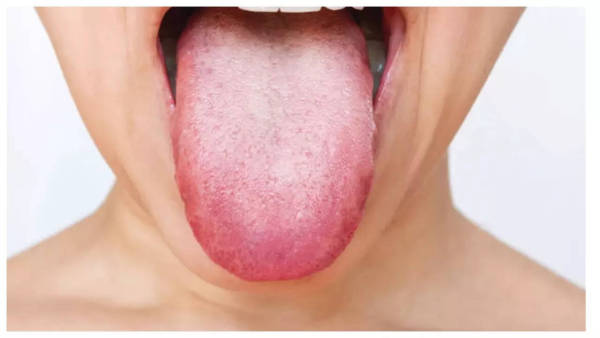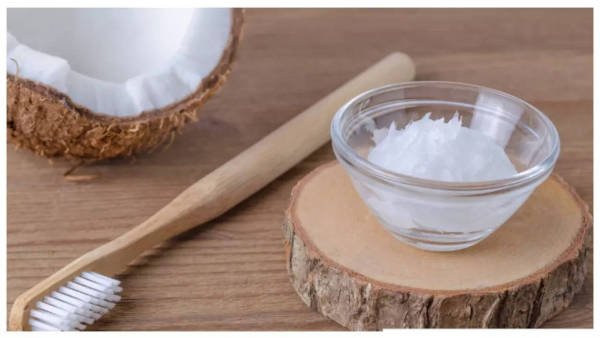
We all know that good oral care, that includes majorly brushing, is important to keep those pesky cavities at bay. However, do you know that oral hygiene also has a close connection with brain and heart health? Yes that is right! Over time, tooth decay can travel to the heart and brain, shrinking memory centers, causing artery blockage, cognitive decay, and triggering conditions like Alzheimer's. Ryan Fernando , nutrition coach recently, in an IG video explained the right way to brush that is good for one's mental health as well. Take a look...
Brush for 2 minutes
Ryan emphasises that tooth brushing should extend for two minutes, before starting your breakfast. The timing of brushing teeth matters, because food acids create temporary enamel weakness. The practice of brushing teeth right after eating food, will damage the weakened enamel structure. The morning brushing routine helps remove plaque and bacteria that formed during the night, while protecting teeth from damage when you eat breakfast. The practice of brushing teeth for two minutes with proper technique allows you to clean every area of your teeth effectively. Remember, even if you have brushed in the night, cavities build up while you sleep, hence it is important to brush before eating each morning to prevent both oral, and mental health.

Oil pulling and tongue scraping
The practice of oil pulling according to Ryan, involves swishing one tablespoon of coconut or sesame oil in your mouth for one minute before discarding it. The practice of oil pulling helps extract dangerous bacteria and toxins which exist in challenging-to-reach areas of the mouth. The practice of oil pulling requires you to discard the oil because it contains dangerous pathogens which should not enter your body.
This apart, tongue scraping too, is an essential method for maintaining good oral health. The surface of the tongue serves as a bacterial and toxic substance reservoir which leads to oral infections and bad breath. Daily use of a tongue scraper helps eliminate dental plaque, which results in a healthier and fresher mouth. The combination of oil pulling with tongue scraping establishes an effective system to defend against oral pathogens.

Neem chewing
Neem serves as a natural remedy for oral health, according to Ryan. The practice of chewing neem leaves or using neem-based products works to decrease bacterial growth throughout the mouth. Traditional Indian medicine recognises neem as a substance which contains antiseptic and anti-inflammatory properties, that help maintain healthy gums and teeth. The regular practice of neem helps stop plaque formation while it reduces gum inflammation, and keeps your mouth feeling fresh without using artificial products.
Do not skip brushing before bed
According to Ryan, the practice of brushing teeth before bed must remain a non-negotiable part of your daily routine. The production of saliva decreases during sleep, since one is not drinking water, which weakens the mouth's ability to remove food particles and bacteria from the mouth. The absence of nighttime brushing allows bacteria and plaque to build up, which leads to higher chances of developing cavities and gum disease. A proper nighttime brushing practice serves as the final step in oral care, which removes food particles and bacteria to support dental and gum health.
Disclaimer: This article is informational only and not a substitute for medical advice
-
'Such Acts... Deeply Hurt The Religious Sentiments': Makers Of Kantara Chapter 1 Urge People Not To Mimic Dhaivaradhane

-
Brits trust AI and Google over gut instincts for big life decisions, study finds

-
The Diplomat season 3 release date, cast and trailer as new stars join series

-
Popular British brand opening first-ever UK store in iconic location

-
David Raya joins Arsenal teammate in secret contract agreement as Gunners reward great form
